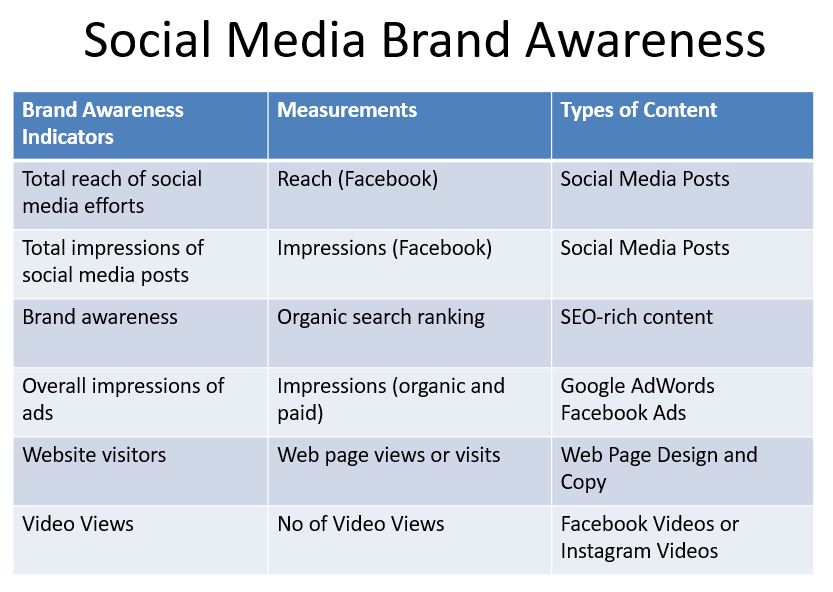Algorithms and True Representation: Guiding Brand Achievement Online
Within the current digital landscape, the rise of social platforms has transformed how brands communicate and engage with their audience. With a constantly growing number of platforms and a plethora of content, distinguishing themselves has become a significant challenge. Brands must not only capture attention but also foster genuine connections that click with their audience. This requires a deep understanding of social branding, where authenticity is paramount.
Consumers are more discerning than ever, seeking brands that align with their values and relate to their experiences. As algorithms control what content is visible and circulated, it is essential for brands to maneuver through this complex environment with a thoughtful approach. Emphasizing authenticity in their digital presence can lead to greater trust and loyalty, ultimately paving the way for lasting success in the highly competitive digital marketplace.
The Role of Algorithmic Systems in Branding on Social Media
Algorithms play a crucial role in shaping how organizations interact with their followers on social media. These algorithms control which information gets displayed by users, influencing engagement rates and exposure for brands. Understanding the specific mechanics behind these algorithms can allow brands to refine their branding on social media strategies successfully. By utilizing data analysis and consumer insights, companies can customize their posts to match with the preferences and actions dictated by these algorithms.
Moreover, the ever-changing nature of algorithms means that brands must regularly adapt their strategies to keep relevant. Social media regularly modify their algorithmic rules, sometimes favoring different types of content, such as video or content created by users. A successful brand strategy must include an flexible method that allows for rapid adaptation to changes in algorithm behavior, ensuring that they maintain visibility in busy streams and competitive environments.
Moreover, genuineness is improved when companies consider algorithmic preferences in their social branding initiatives. By fostering real interactions and focusing on meaningful engagement over purely promotional content, brands can cultivate a dedicated community. This not only matches with the demands set by followers, but also harmonizes with algorithmic preferences for material that creates genuine connections, which ultimately supports sustained company success in the online landscape.
Creating Authentic Relationships with Audiences
In the digital age, genuineness has become essential for brands seeking to resonate with their clients. Social platforms provide an unique platform for brands to join in authentic dialogues with their followers. By being open and accessible, brands can build trust and devotion. Providing exclusive content, client stories, and authentic responses to feedback can humanize a brand and create a connected presence in the crowded online environment.
To nurture this bond, brands should proactively listen to their followers’ needs and opinions. Tracking talks about the brand on social media allows businesses to comprehend their audience more and adapt their messaging to suit their needs. Promoting user-generated content not only engages the audience but also strengthens their opinions. Honoring the contributions of consumers can foster local spirit feeling and make them feel valued, bridging the distinction between brand and customer.
Moreover, coherence is essential in cultivating genuine relationships. Brands should ensure that their voice, communication, and visuals align across all social media platforms. This consistency reinforces brand identity and promotes familiarity. When consumers relate to a brand, they are more likely to engage with its material and share it within their circles. Ultimately, brands that prioritize genuine relationships will create stronger relationships with their audiences, fostering involvement and loyalty over the future.
Measuring Brand Success in the Digital Age
In today’s competitive landscape, measuring brand success requires a comprehensive approach that goes in addition to traditional metrics. Digital platforms provide businesses with an array of analytics tools that track interaction, reach, and conversion rates. Brands can evaluate how well their content resonates with their audience by analyzing likes, comments, and overall sentiment. These metrics not only indicate the effectiveness of a brand’s messaging but also provide insights into customer preferences and behaviors.
Another crucial aspect of measuring brand success online is understanding the impact of influencer partnerships and user-generated content. Working with influencers can amplify a brand’s reach but it is important to evaluate the effectiveness of these campaigns. Metrics such as referral traffic, sales conversions, and engagement rates generated through influencer posts should be closely monitored. Similarly, user-generated content demonstrates genuine customer experiences that foster trust. Brands should track how this content influences brand perception and consumer loyalty.
Finally, brands should not overlook the importance of continuous feedback from their audience. Engaging directly with customers through questionnaires, polls, and direct messaging allows brands to gather subjective data about their performance in the digital sphere. This feedback loop helps brands understand areas needing improvement while also celebrating their successes. By merging quantitative metrics with qualitative insights, brands can create a complete picture of their online success and adapt their strategies for sustained growth in the digital age.
